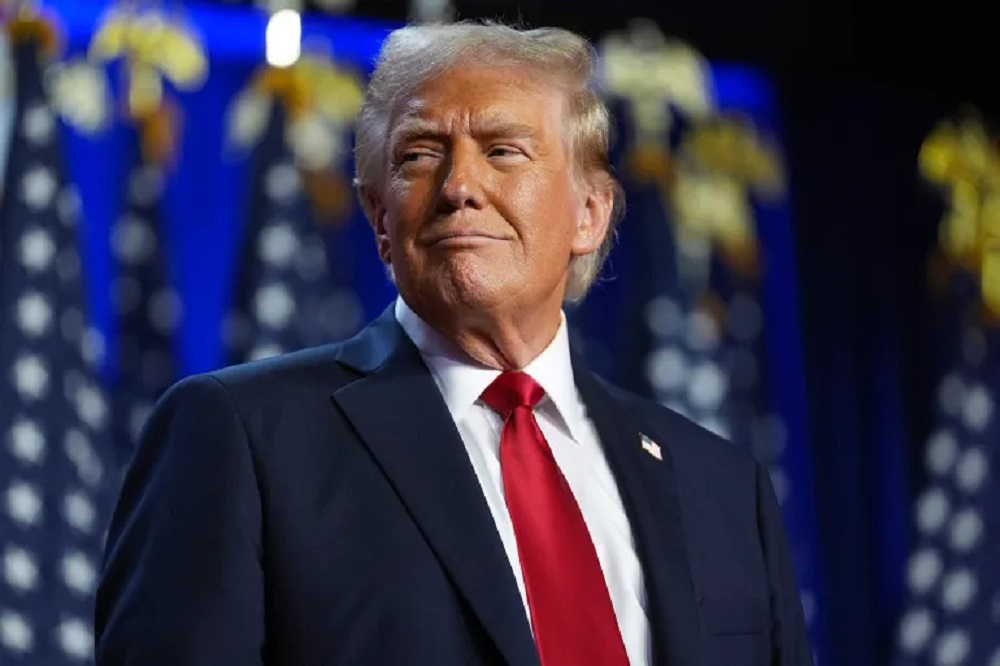Former U.S. President Donald Trump has called on Senate Republicans to redirect federal funds currently used to subsidize insurance companies under the Affordable Care Act (ACA) into direct payments to American citizens, suggesting it as a possible solution to end the ongoing government shutdown crisis.
In a post on his social media platform Truth Social on Saturday, Trump wrote:“I recommend that Senate Republicans send the hundreds of billions of dollars currently going to greedy insurance companies for the failing Obamacare system directly to the people, so they can buy their own healthcare and have money left over.”
He continued, emphasizing his stance against the ACA:“Take the money from the big, bad insurance companies, give it to the people, and end the crisis. For all the money we spend, we get the worst healthcare system anywhere in the world — Obamacare.”
The post came just hours before the Senate was set to reconvene to debate potential legislation aimed at reopening the government, which has now been shut down for a record 39 days.
Political Deadlock and the Healthcare Divide
According to Reuters, Trump’s remarks arrive amid a fierce impasse between Democrats and Republicans in Congress. Democrats want any new funding bill to include continued healthcare subsidies set to expire for 24 million Americans by the end of the year. Republicans, however, argue that the government should reopen first, then address healthcare funding separately.
The Affordable Care Act, passed under President Barack Obama, provides subsidies that help millions of low- and middle-income Americans purchase private insurance. Republicans have long criticized the program as inefficient, arguing that it benefits insurance companies rather than the public.
Senator James Lankford (R-OK) and Lindsey Graham (R-SC) publicly supported Trump’s idea. Lankford said on Fox News:“The ACA subsidies funnel money to insurance companies, not to the people who actually need help. This system benefits a select group, not the general population.”
Wider Implications of the Shutdown
The prolonged shutdown — now the longest in U.S. history — has left millions of federal workers without pay and disrupted essential services. Programs like food assistance, airport security, and infrastructure maintenance have been severely affected.
Democrats insist that any resolution must include healthcare protections, while many Republicans see the shutdown as leverage to restructure federal spending priorities.
Trump’s latest proposal — offering direct payments to citizens instead of insurers — echoes the stimulus checks distributed during the COVID-19 pandemic under his administration. It reflects his populist economic messaging: bypassing corporate intermediaries to deliver financial benefits directly to Americans.
A Potential Turning Point or Political Gambit?
Analysts suggest Trump’s move could be both a negotiating tactic and a way to reassert his influence within the Republican Party. With the 2026 midterm elections approaching, Trump’s appeal to populist economics may resonate with voters frustrated by gridlock in Washington.
However, critics argue that his proposal lacks detail and could destabilize the healthcare market, cutting subsidies that millions depend on. Without a clear replacement mechanism, the plan risks deepening the crisis rather than resolving it.
As the Senate continues deliberations, it remains unclear whether Trump’s call for redirecting ACA funds will gain traction — or if it will simply fuel further division in an already polarized political landscape.

